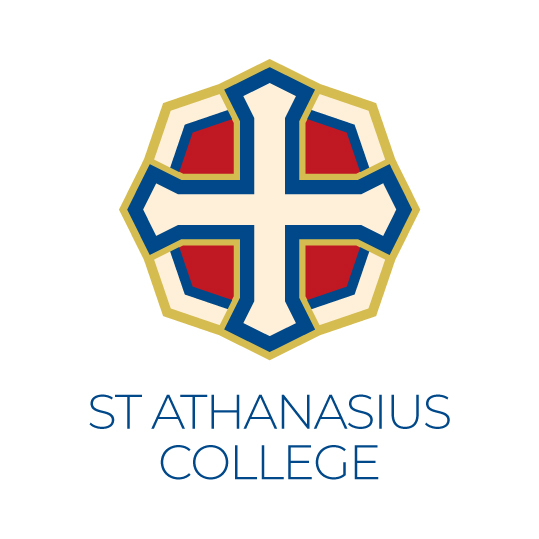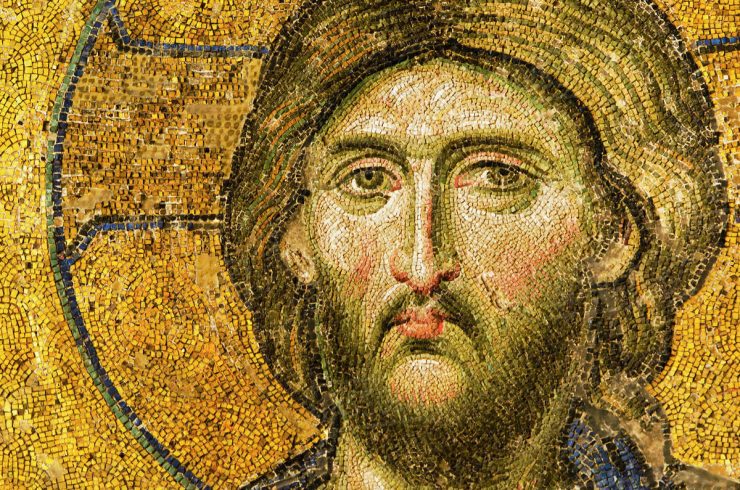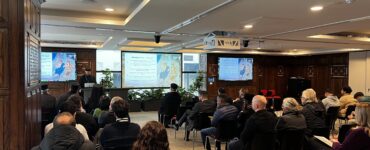This advanced unit seeks to critically examine Jesus Christ’s engagement with the people who were categorized as at the social margins. Through a survey of ‘Jesus Christ and margins’ in the biblical and patristic works, the unit will determine how this has been appropriated by contemporary theologians to articulate a contextual Christology. By tracing this perspective from the Gospels, ante-Nicaean and post-Nicaean teachers, and modern theologians, this unit seeks to understand the missional significance of conceiving Christology through the life of vulnerable communities.
Unit details
| College | St Athanasius College |
| Lecturer | Fr Dr Jacob Joseph |
| Level | Undergraduate Level 3
Postgraduate Elective |
| Study modes and times | Online
Monday 6:30pm-9:30pm |
| Unit codes | DM3720A – Undergraduate
CT3720A – Undergraduate DM9720A – Postgraduate CT9720A – Postgraduate |
Contact Shadi Nessim for more information or to enrol at registrar@sac.edu.au

St Athanasius College is a college of the University of Divinity from the Coptic Orthodox tradition, based in Melbourne, Victoria.







Hi St A. I am a Pilgrim College student. I would love to do a unit like this. It fits in with my serious interest in what way Jesus is a symbol/icon of God in our shared humanity.
Also I would love to experience something of that ancient Coptic flavour.
At 71 and part time I am not in a hurry. I am doing a systematic theology unit this semester but maybe some other time.
Cheers, Ivan.